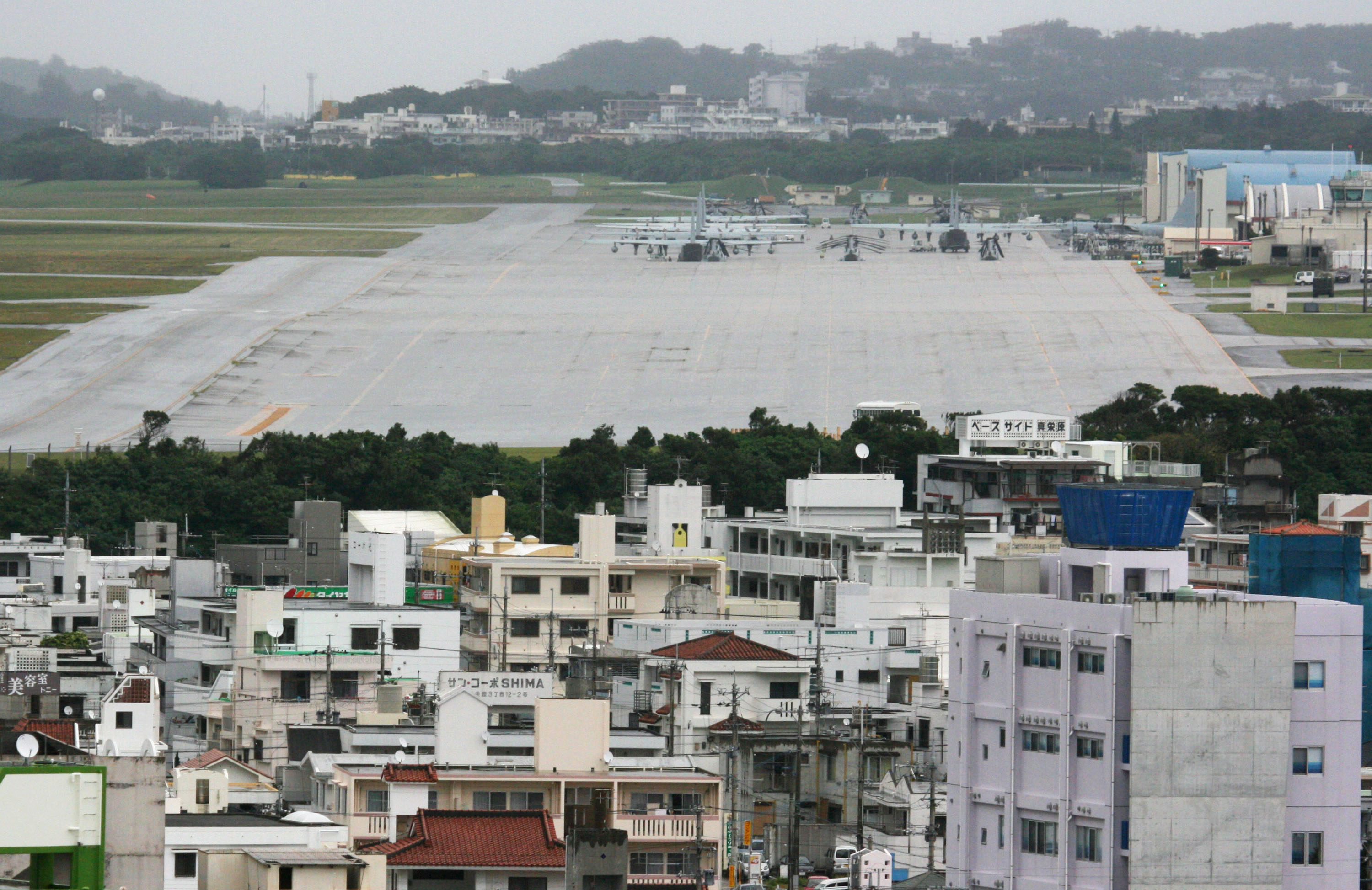The recent murder of a 20-year-old Okinawan woman by a civilian employee of the U.S. Kadena Air Base on Okinawa has inflamed local antipathy toward the U.S. military's presence. Sadly, this horrific crime fits into a larger pattern of sexual violence that has become all too familiar to Okinawans and stokes anti-base sentiment.
The vast majority of Okinawans are opposed to hosting the U.S. bases and the current plan to relocate U.S. Marine Corps Air Station Futenma to the pristine Oura Bay adjacent to Henoko. Yet despite long-standing opposition, Okinawa still hosts 74 percent of U.S. military facilities in Japan, which occupy more than 18 percent of the main island's land mass.
How has it been possible to sustain the U.S. military presence over the decades given this inhospitable situation? Ignoring the will of the people is one compelling answer. Sarah Kovner, a senior research scholar at Columbia University, raises some other important factors in her February 2016 article in The Journal of Asian Studies, titled "The Soundproofed Superpower: American Bases and Japanese Communities, 1945-1972." She argues that Tokyo and Washington try to insulate Japanese society from the negative impact of U.S. bases, including literally soundproofing nearby homes and schools and otherwise discrediting and marginalizing anti-base protests and grievances. And most mainland Japanese enjoy the soundproofing of distance, ensuring that Okinawa's burden is out of sight and out of mind.


















With your current subscription plan you can comment on stories. However, before writing your first comment, please create a display name in the Profile section of your subscriber account page.